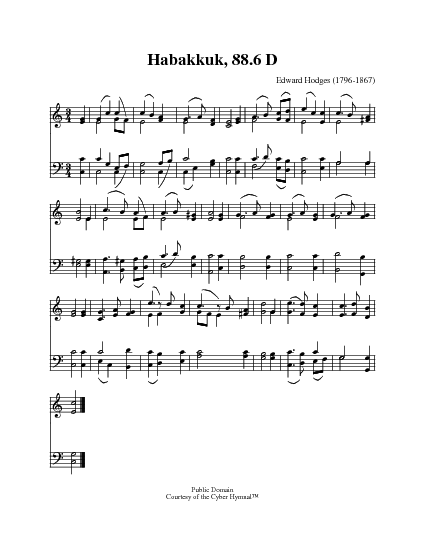How happy is the pilgrim's lot. [Desiring Heaven.] Appeared in the Wesley Hymns for those that Seek, and those that Have Redemption, 1747, No. 51, in 9 stanzas of 6 lines. When given in the Wesleyan Hymn Book, 1780-1875, the fourth stanza was omitted. (Poetical Works, 1868-72, vol. iv. p. 278.) Although somewhat unreal as a hymn for general use, it has long been most popular with the Methodist bodies. Stanza v., "No foot of land do I possess," and vii., "There is my house, and portion fair," have gathered around them reminiscences, in many instances of a tenderly sacred character, some of which are noted in detail in Stevenson's Methodist Hymn Book Notes, 1883, p. 77. In Stevenson's Notes this hymn is attributed to John Wesley, and in the Index to the same work to Charles Wesley. The former is also the almost universal ascription in America, the argument usually put forth being that the personal circumstances evidently referred to suited John Wesley rather than Charles. The editors of the Wesleyan Hymn Book are in doubt, and have left the authorship an open question. As there is no direct evidence either way, we must follow their example.
--John Julian, Dictionary of Hymnology (1907)


 My Starred Hymns
My Starred Hymns




